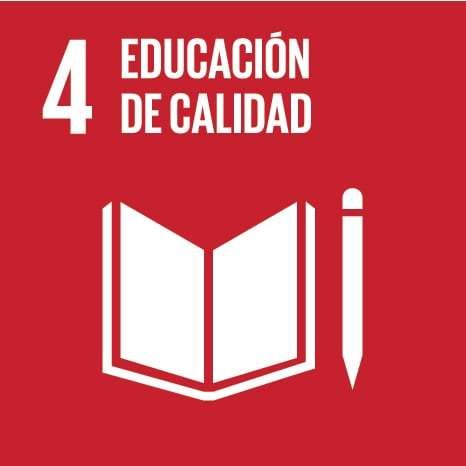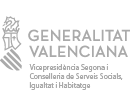
https://www.un.org/sustainabledevelopment/es/education/
SDG 4: Ensure inclusive, equitable and quality education and promote lifelong learning opportunities for all
Education is the foundation for improving our lives and sustainable development. In addition to improving the quality of people's lives, access to inclusive and equitable education can help equip local people with the tools they need to develop innovative solutions to the world's biggest problems.
Currently, more than 265 million children are out of school and 22 per cent of these are of primary school age. In addition, children who do attend school lack basic literacy and numeracy skills. In the last decade, there has been significant progress in improving access at all levels and in increasing enrolment rates, particularly for women and girls. There has also been a significant improvement in minimum literacy levels. However, more needs to be done to make further progress towards achieving the goals of universal education. For example, the world has achieved equality between boys and girls in primary education, but few countries have achieved their goals at all levels of education.
The reasons for the lack of quality education include a shortage of trained teachers and poor school conditions in many areas of the world and equity issues related to opportunities for rural children. In order to provide quality education for children from impoverished families, investment is needed in educational scholarships, teacher training workshops, school construction and improved access to water and electricity in schools.
Outstanding data
|
Goal 4 targets
4.1 By 2030, ensure that all girls and boys complete primary and secondary education, which is free, equitable and of good quality and produces relevant and effective learning outcomes. 4.2 By 2030, ensure that all girls and boys have access to quality early childhood care and development and pre-primary education so that they are ready for primary schooling.
4.3 By 2030, ensure equal access for all men and women to quality technical, vocational and tertiary education, including university education
4.4 By 2030, significantly increase the number of young people and adults who have the necessary skills, including technical and vocational skills, to enter employment, decent work and entrepreneurship 4.5 By 2030, eliminate gender disparities in education and ensure equal access to all levels of education and vocational training for vulnerable people, including persons with disabilities, indigenous peoples and children in vulnerable situations
4.6 By 2030, ensure that all young people and a significant proportion of adults, both men and women, are literate and numerate
4.7 By 2030, ensure that all learners acquire the knowledge and skills necessary to promote sustainable development, including through education for sustainable development and sustainable lifestyles, human rights, gender equality, promotion of a culture of peace and non-violence, global citizenship and appreciation of cultural diversity and the contribution of culture to sustainable development 4.a Build and adapt education facilities that are child-, disability- and gender-sensitive, and that provide safe, non-violent, inclusive and effective learning environments for all
4.b By 2020, significantly increase globally the number of scholarships available to developing countries, in particular the least developed countries, small island developing States and African countries, to enable their students to enrol in higher education programmes, including vocational, technical, scientific, engineering and information and communications technology programmes, in developed and other developing countries. 4.c By 2030, substantially increase the supply of qualified teachers, including through international cooperation for teacher training in developing countries, especially the least developed countries and small island developing States |










